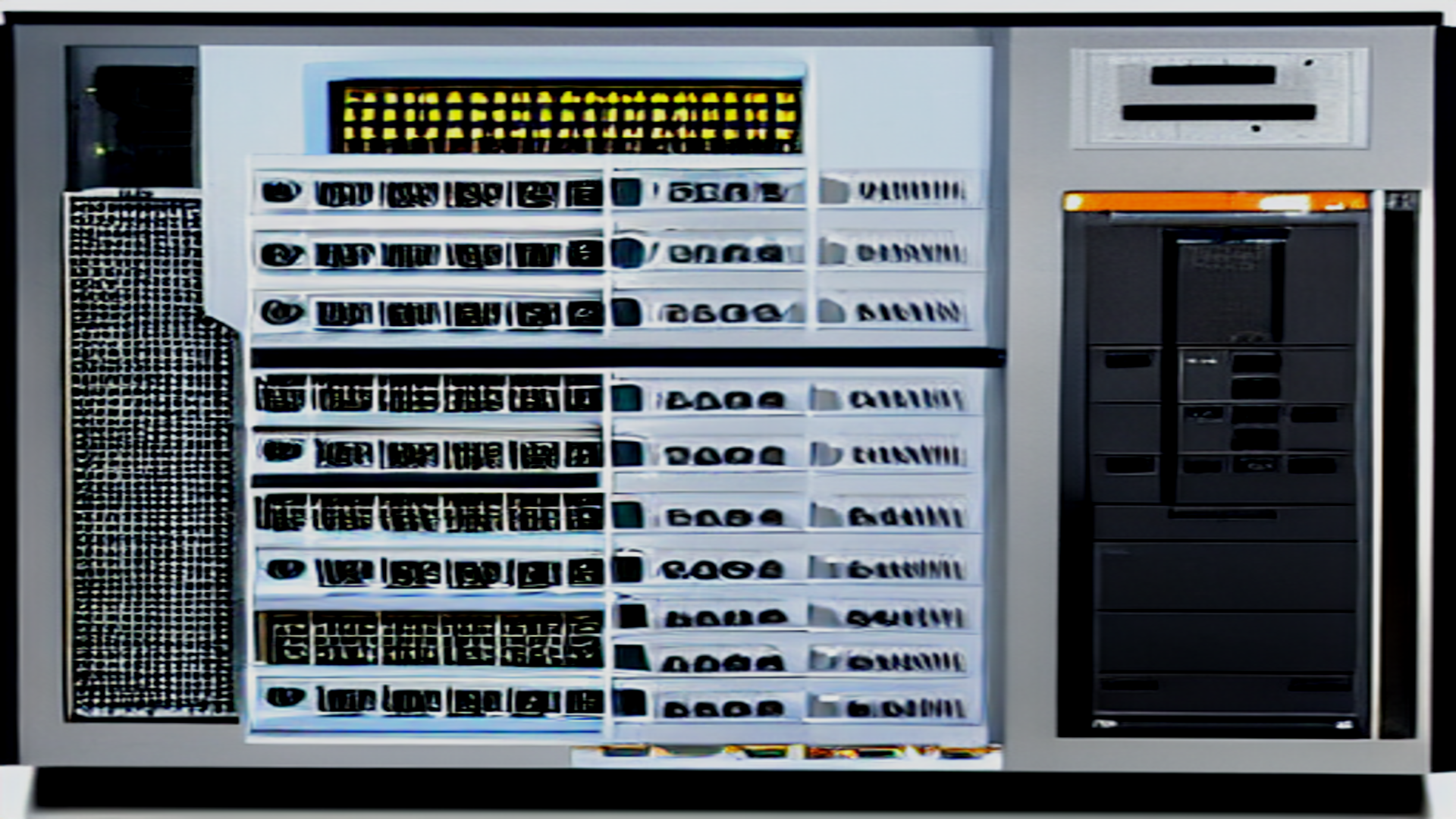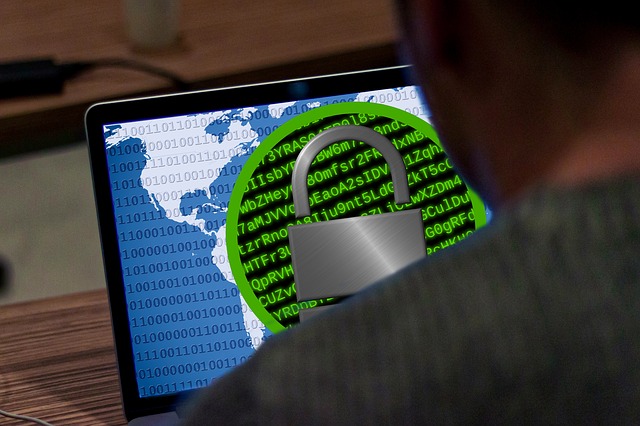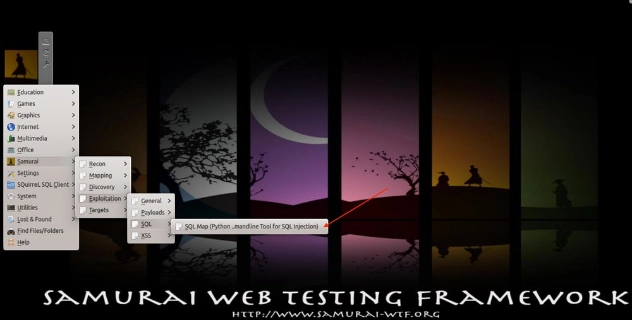Professionally Evil Insights
Welcome to the Professionally Evil Insights blog by Secure Ideas! In this digital playground, we unravel the complex world of information security with a touch of fun. Our expert-led content ranges from deep-dives into penetration testing to explorations of hardware hacking. Whether you're curious about Secure Ideas or passionate about cybersecurity, this blog is your quick, enlightening, and entertaining guide into the captivating world of information security.
Welcome aboard!
Solicited Public Comment on HIPAA Security Rule NPRM To Strengthen the Cybersecurity of ePHI
The Department of Health and Human Services (HHS) wants to raise the benchmarks of the Security Standards for the Protection of Electronic Protected Health Information. HHS has therefore issued a notice of proposed rulemaking (NPRM) in order to hear feedback on the proposal itself. The department ...
Continue Reading
Never miss a Professionally Evil update!
The Critical Need for API Security Testing
Application security penetration tests once were a novelty, a luxury that only organizations with ...
Continue Reading
Stay safe from cybercrime with these five tips
Cybercriminals will use every tactic in the book to steal data, drain bank accounts, and extort ...
Continue Reading
Secure Ideas is CREST-Certified. Here’s Why That Matters
Cybersecurity is no longer a monolithic topic – if it ever was. Specialization matters. ...
Continue Reading
Kubernetes Pentesting: The Hacker’s Harvest
Are you ready to dive into the world of Kubernetes pentesting? Join us for our upcoming webcast, ...
Continue Reading
From Code to Cloud: Strengthening IaC Security with SAST
Infrastructure as Code (IaC) is a cornerstone in modern DevOps and DevSecOps practices, but how do ...
Continue Reading
Webcast: Thrift Store Cracking Server: Popping Hashes Guide
(image was generated by Stable Diffusion, and is not an accurate representation of our cracking ...
Continue Reading
Navigating Evolving Regulations: Staying Ahead of Change
In today's rapidly expanding business world, the only constant seems to be change itself. One of ...
Continue Reading
Ethics of Ethical Hacking
Ethical hacking uses the principles and techniques of hackers to help businesses protect their ...
Continue Reading
Ransomware and Scareware Pop-ups
Every computer owner has had the heart-stopping moment where a popup comes up and says that your ...
Continue Reading
Ransomware Intelligence Briefing
Ransomware Intelligence Briefing Media reporting on the WannaCry ransomware campaign has contained ...
Continue Reading
SQLMap Beginnings: What and How
Testing web based applications is not only fun but is often multi-faceted and challenging. Often ...
Continue Reading
Has contents: true
Total pages: 5
Current page: 1









